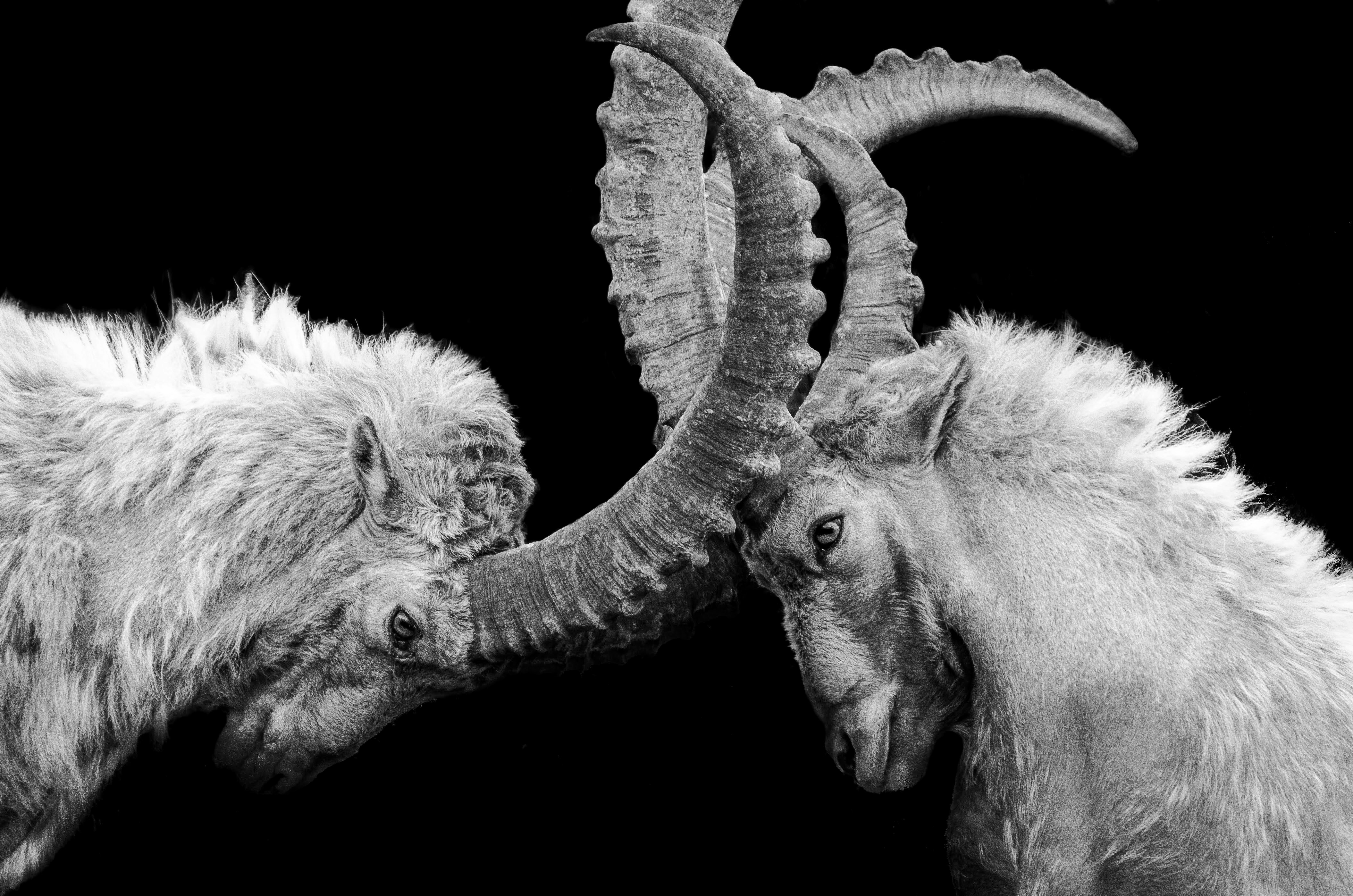Politics and satire belong together, they deserve each other. Humour has been part of politics ever since the first jester dared jingle a bell in the face of a king. Those who get their kicks from bursting the bubbles of the pompous are drawn to the corridors of power like moths to a flame. But in recent weeks laughter has hit the headlines again. A couple of weeks ago, when Democratic presidential candidate Kamela Harris chose her running mate Tim Walz, the only thing most of us knew about him was that he was the one who had called Trump ‘weird’. A few minutes of furious googling later we knew much more, but the suspicion lingered that he had been picked for having finally answered the question that had plagued the Democrats for nearly a decade: how do you deal with Donald Trump?
As a psychologist who works with leaders I have been asked this question numerous times. How do you go up against someone with the magnificent trolling skills of Trump? Is it possible to win against a person so adept at humiliating those who oppose him? And I think Walz is on to something. He hasn’t called Trump a threat to democracy or labelled his supporters a basket of deplorables. No. He has called Trump weird, and his supporters good dinner guests. Why is Trump weird? Because, says Walz, he has never seen him laugh.
Trump is not the only one accused of being humourless. Our own former Prime Minister, Liz Truss, was equally unamused at becoming the butt of the joke, when a banner reading ‘I Crashed the Economy’ next to a googly eyed lettuce quietly descended behind her during an onstage interview. She left the stage abruptly and was quick to respond on X that what had happened was not funny. Most people thought it was funny and that she – like Trump – was slightly weird not to laugh it off, at least a little bit. As the political prankster Noël Godin once said: there is no better way to judge a person’s character than by how they behave when hit by a custard pie.
We spend our lives subtly and unconsciously evading the slightest whiff of humiliation.
There is however a deep psychology behind all this hilarity, or lack of it. For decades now psychologists have conducted numerous studies on the phenomenon of Gelotophobia. Not the fear of ice-cream, as one might initially think. Gelotophobes you’ll be pleased to know are perfectly capable of holding it together in the presence of a knickerbocker glory. What they fear is being laughed at, and as always this sounds infinitely more sophisticated translated into Greek (gelos/laughter, phobos/fear). Much of the gelotophobia literature is a heartbreaking tale of young people crippled by the fear that others will laugh at their weight, or their acne, or target them for bullying. Sticks and stones may break our bones, but mocking words it seems can leave us socially terrified for the remainder of our adult life. In its most debilitating forms gelotophobia is a cause for clinical intervention.
But the study of gelotophobia goes further than treating the clinically distressed. Lurking among the samples and statistics is a wisdom that helps us understand why Trump and Truss are the people they are, and more importantly teaches us something about ourselves. Because most of us in some mild sub-clinical way are gelotophobes. We spend our lives subtly and unconsciously evading the slightest whiff of humiliation. Margaret Atwood was no doubt right to say that men are afraid that women will laugh at them, and women are afraid that men will kill them. But many people would rather die than be laughed at.
Could it be that our love of laughing at others conceals a terror of being laughed at ourselves?
One of the primary findings about gelotophobia, is that those who are most scared of being laughed at are also scared to laugh. To say of Trump or Truss that they lack humour is equally to say that the last thing on earth they want is to be the object of laughter. Most gelotophobes were once victimised, ostracised or bullied, and humour was the chief instrument of their humiliation. They were forged by the cruel conditioning of mockery. As a result, they view laughter-eliciting situations negatively. In facial coding studies they show less joy and more contempt when presented with smiling joyful people. The inner freedom to join others in laughter has been quashed by the suspicion that the laughter of others is a threat. Some compensate for this by making sure they always have the upper-hand, always the troll never the trolled. Which speaks to another finding, more applicable to Trump than to Truss, that derisive humour is the way narcissists conceal their vulnerability. Behind every grandiose expression of superiority, lies a shame and inferiority that can be defended by attacking others.
Gelotophobia ultimately is a subtype of our fear of being disliked, and if the bestseller lists are anything to go by, this is clearly a pressing concern for many people. Fumitake Koga and Ichiro Kishmi brought the wisdom of Japan to the question in The Courage to be Disliked, and Ryan Holiday did the same from a Stoic perspective in Courage is Calling. How to live in a world that shapes us through the threat of ridicule has been pondered for thousands of years. It even turns up in the New Testament of the Bible. When the disciples of Jesus stepped out to deliver their first public discourses, they were accused of being drunk, stupid and presumptuous. The word used to describe them in the historical sources is parrēsia, usually translated bold, but perhaps more accurately rendered the freedom to say anything (pas- all; rheō- to utter). For them freedom of speech was not a societal given but a virtue they enacted in spite of their society.
In the ancient world the term parrēsia was more often used to describe the counter-cultural courage of the Stoic philosophers. But the disciples were not Stoics. They weren’t schooled in the rigours of Greek philosophy, but rather apprenticed to the Hebrew prophetic tradition. A tradition which equally appreciated the inevitable opprobrium befalling those who presume to critique and rejuvenate a stale culture. They were simply following the teaching of the master who pointed to ridicule, scorn and gossip not as PR disasters to be managed, but as prophetic honours to be celebrated. Or, as Marty Babcock once claimed, ‘Jesus promised his disciples only three things: they would be absurdly happy, entirely fearless, and always in trouble.’
We should be cautious then laughing too much at the embarrassments that befall our political class, and perhaps more attentive to what our schadenfreude might point to within us. Could it be that our love of laughing at others conceals a terror of being laughed at ourselves? Even worse, what if vindictively celebrating their misfortunes is itself a symptom of the inner helplessness, inertia and unfreedom we claim to oppose? Or, to give the same question a more positive inflection: what would we be doing or saying differently if we were genuinely and entirely free of the fear of being ridiculed?
Blessed are those who do not fear the laughter of others for they may change the world.











